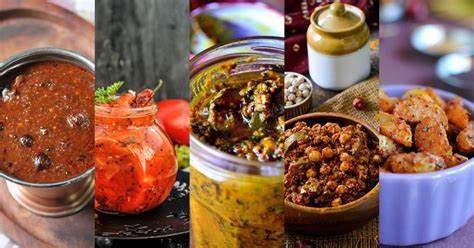
Fermentation is over 9,000 years old! Archaeological evidence traces back to Neolithic China with fermented beverages made from rice and fruit. Cultures worldwide—India included—have been tapping into these methods for both flavor and health. In ancient India, texts like the Charaka Samhita mention fermented preparations like "kanji" and "takra" (buttermilk), highlighting their digestive benefits centuries before probiotics became a buzzword.especially when made without vinegar or oil and cured naturally in the sun. The lactic acid bacteria that develop can rival store-bought probiotics in diversity! Pazhamkanji isn’t just breakfast—it’s Ayurvedic gold This humble leftover rice porridge, still savored in Kerala, is considered tridoshic in Ayurveda, meaning it balances all three doshas: vata, pitta, and kapha. Idli and dosa aren’t just tasty—they’re chemistry in action The natural fermentation of urad dal produces carbon dioxide, which gives the batter its airy texture—no baking soda required. Kimchi and sauerkraut are global cousins Both are lacto-fermented cabbage dishes from different continents (Korea and Europe), yet both promote gut-friendly bacteria like Lactobacillus plantarum Indian-style pickles = probiotic powerhouses especially when made without vinegar or oil and cured naturally in the sun. The lactic acid bacteria that develop can rival store-bought probiotics in diversity!
© Travel Media. All Rights Reserved.